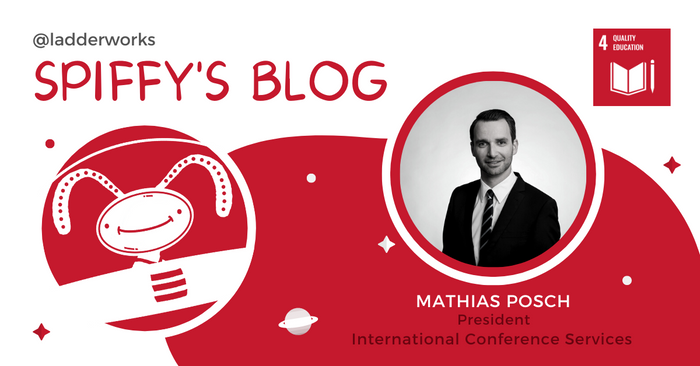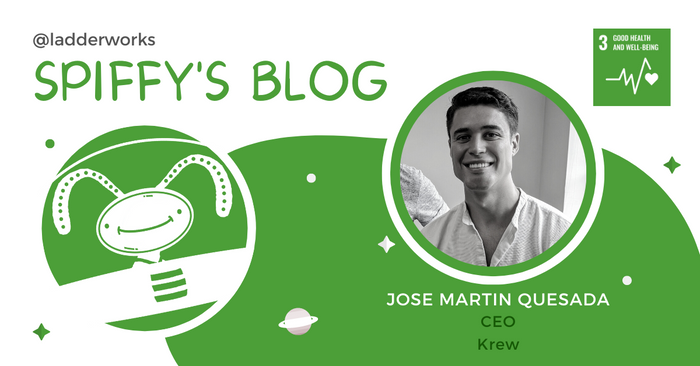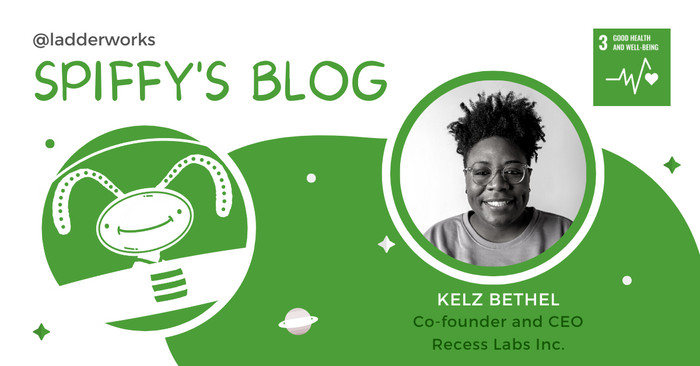Mathias: Thanks for having me, Spiffy! We work with leading experts in various fields to provide education to professionals through conferences, webinars, teaching courses, etc. Our education is worldwide and aims to share best practices around the globe and understand challenges that some are struggling with. We make sure that money is no barrier to the education we provide as we offer various platforms, rotate our meetings around various regions and align our fees with the World Bank country classifications. Furthermore, we make sure that we have gender and regionally balanced committees and speaker lineups. In addition to education we also build communities and partnerships within specific fields which lead to research collaborations and sharing of knowledge beyond our events.
Jose: Thanks for having me, Spiffy! A lot of people are suffering from poor physical health, poor mental health, and the intersection of both (eg. not liking your own body). Exercise might not sound as sexy as a cure for cancer, and yet it can help with some of the biggest health issues of our time. We wanted to create a product which made exercise highly motivating, so it doesn't feel like a chore. We do that by taking the best things about social fitness, aka, working out with friends, and a sense of healthy competition, to get people to work out not just once, but over and over. We do it by measuring how well and how hard you work out, providing you with real-time feedback and video highlights showing you at your best, without the need for any hardware.
Kelz: Thanks for having me, Spiffy! Recess addresses the issue of mental health and its effect on global workplace productivity. WHO projects that mental health will cost the global workforce six trillion dollars by 2030. Post COVID, 90% of businesses in NYC said that they were investing more into corporate mental wellness. The challenge is that although there is more investment in mental health, the impact on workplace presentism is only marginal (the act of showing up for work without being productive). For me I attribute that discrepancy to a) cost vs scale (high cost of spend but low reach), b) long term (traditional solutions have long-term treatment plans to see results), c) mindset vs biology (mindset requires practice but biological interventions have lasting effects).




